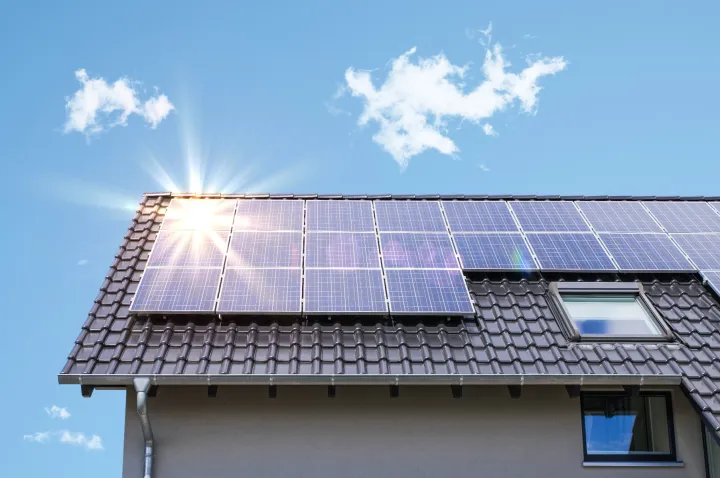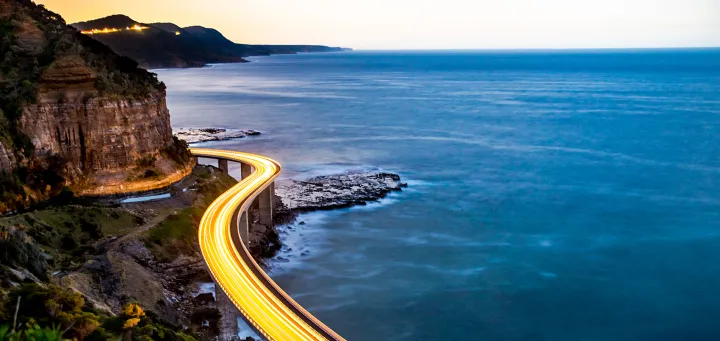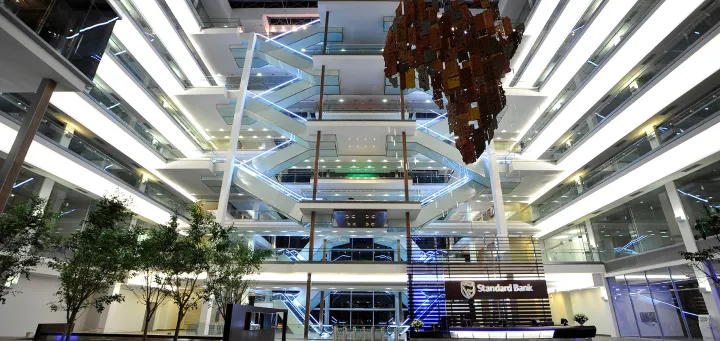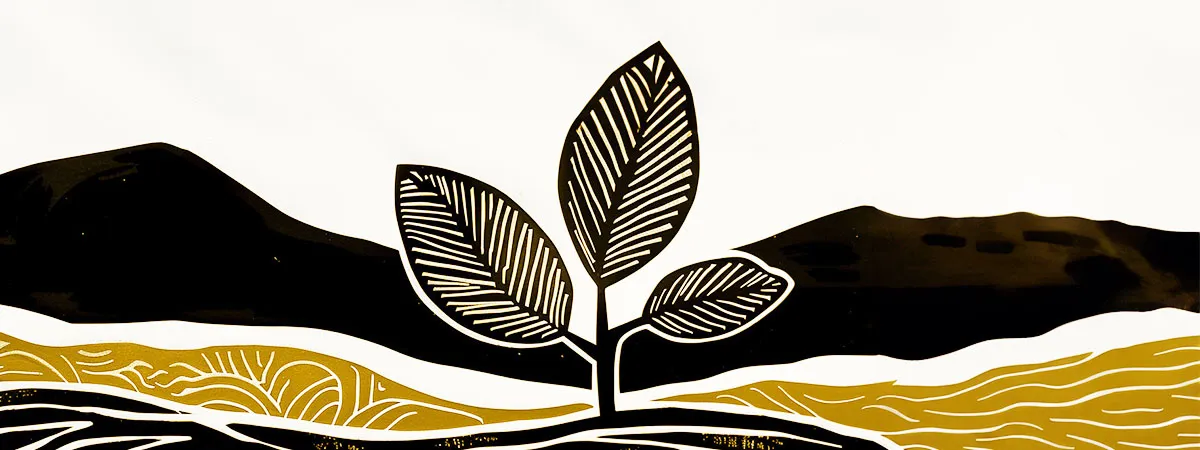ANALYSIS
SA’s 2024 elections — a case of much ado about the ghosts of polls past?
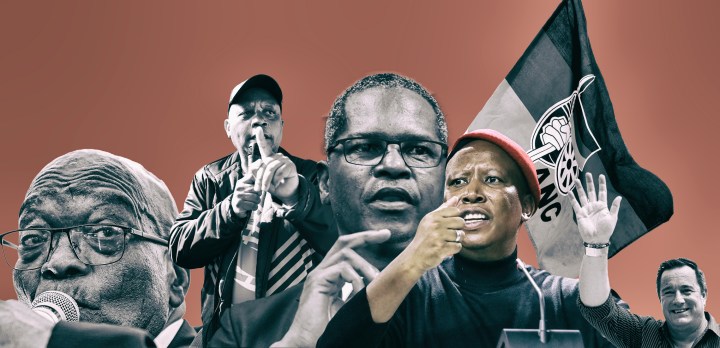
With uMkhonto Wesizwe’s contestation of the general election now a legal certainty, and the publication of the parties’ candidate lists, this is a good time to assess whether this poll will be significantly different from those of the past.
While there has been much excitement about new parties, and opinion polls predict change coming about from the 29 May general election, it will still contain strong resonances of elections past.
On Wednesday, radio news bulletins carried reports about the SACP leading a march on Constitution Hill in Johannesburg against what it said was a racist comment by DA leader John Steenhuisen.
Meanwhile, the DA’s chief whip, Siviwe Gwarube, demanded to know whether the ANC would continue to protect Nosiviwe Mapisa-Nqakula, or whether it would allow her to be removed as Speaker of the National Assembly.
The other big story was the fallout from the Electoral Court decision allowing Jacob Zuma’s uMkhonto Wesizwe (MK) party to contest these elections.
In short, the DA was accused of racism, the DA accused the ANC of turning a blind eye to corruption, and everyone was talking about Jacob Zuma.
It could have been the 2014 election all over again.
There are other parallels with the past.
The EFF has held big events, while its top two leaders have ensured that once again they are firmly in charge and no one in the party can publicly contradict them.
The case of Naledi Chirwa, who was forced to apologise for not being in the National Assembly for a session while caring for her ill infant is a good example of this. She has been placed so low on the candidate list that she will almost certainly not return as an MP, sending yet another signal that only Malema & Shivambu call the shots. Over the longer term, this could be the EFF’s biggest growth-limiting obstacle.
This all suggests that despite the excitement and chatter of the last few weeks, the upcoming elections won’t be that different from previous polls — our society is resistant to quick changes.
In particular, one of South Africa’s defining features remains our racialised inequality and the fact that the four biggest parties in Parliament have their roots in movements formed during apartheid.
These elections will indicate whether our politics is finally moving from the post-apartheid era into a new phase.
There are indeed more new, well-resourced parties in this election than ever before, but that’s no cause for excitement.
In the past, new parties have burst on to the scene amid predictions they would change our politics and polls suggesting massive change was around the corner.
But that was followed by a period in which the campaigning machinery of the bigger parties moved into a higher gear, and the anticipated share of the new parties’ vote declined. The ANC has often started an election campaign with relatively low polling numbers, only for those numbers to rise significantly in the last few days before the election.
This is likely to happen again, and parties like MK, Rise Mzansi and Bosa will see their polling numbers decline, while the ANC’s predicted share of the vote will go up.
Read more in Daily Maverick: Elections 2024
Same old issues
Also, while the focus of the moment is on the relationship between the ANC and MK, race is likely to become an electoral issue at some point. The fact that it still shapes the lives of so many people in South Africa makes this inevitable.
And, of course, corruption involving figures in the ANC will inevitably be a part of this campaign as well — particularly if the National Assembly Speaker, Nosiviwe Mapisa-Nqakula, is not arrested soon.
All of that said, there are, however, some new patterns in our politics.
The introduction of MK led by a former president could have a huge impact — but probably only for this election. It is unlikely that Zuma will contest again in 2029.
The longer-term process of voters moving towards parties based on linguistic, regional and ethnic identities is likely to continue, which will result in more votes for the FF+, the IFP and MK, and voters continuing to leave the ANC and the DA.
In other words, this election could simply be a continuation of what we saw in 2019, where the two biggest parties of the political centre lost votes to parties on either side.
The real question is how quickly this process is happening.
Before the arrival of MK, one of the biggest questions was whether the EFF would gain enough new votes to be able to force the ANC to form a coalition with it.
It is astonishing how quickly that issue receded from the public discourse. Still, it may well return when it becomes clear that the ANC is almost certain to lose control of Gauteng, and possibly KZN and the Free State.
It is unlikely that what MK calls the “ANC of Cyril Ramaphosa” and what the ANC calls “the Zuma Party currently referring to itself as the uMkhonto Wesizwe Party” will form coalitions together. As a result, the ANC may seek coalition partners outside of the MK party.
And, while Malema may not know the price of a loaf of bread, he is very much aware of the power of a kingmaker.
But, considering how difficult working together has been for the ANC and the EFF in Ekurhuleni, the door could still be open for an agreement with the DA.
Either way, despite all of the excitement of this particular moment, the final distribution of power after this election may be largely in line with predictions that could have been made several years ago.
In the end, considering that MK is surely a one-election party revolving around one person, these elections may show that while our country is changing, its politics are not changing that quickly. DM
Daily Maverick has closed comments on all elections articles for the next two weeks. While we do everything in our power to ensure deliberately false, misleading and hateful commentary does not get published on our site, it’s simply not possible for our small team to have sight of every comment. Given the political dynamics of the moment, we cannot risk malignant actors abusing our platform to manipulate and mislead others. We remain committed to providing you with a platform for dynamic conversation and exchange and trust that you understand our need for circumspection at this sensitive time for our country.









